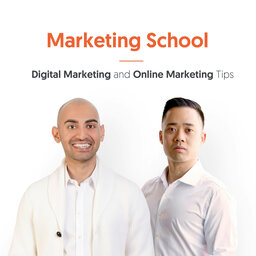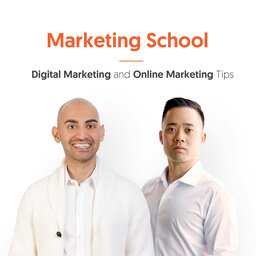Google's New Experience Algorithm
In episode #2366, we talk about Google’s latest experience algorithm update. If you’ve heard of the Google E-A-T algorithm before, you know that it stands for expertise, authority, and trust. Now, Google is upgrading the concept of E-A-T with an additional ‘E’ for the experience. Tune in to find out what this means, why good content and quality links are still the most important factors, and how you can showcase your experience to create better content!
TIME-STAMPED SHOW NOTES:
- [00:20] Today’s topic: Google's New Experience Algorithm.
- [00:25] A look at Google’s E-A-T algorithm and the addition of an extra E for the experience.
- [01:02] How showcasing your experience can make your content better!
- [02:27] Two most important factors: good content and high-quality links.
- [03:15] Why you should not obsess over small things like ranking and content ratio.
- [04:47] Insight into the metrics that Google uses to improve its algorithms.
- [05:50] That’s it for today! Don’t forget to rate, review and subscribe!
- [05:55] Go to https://marketingschool.io/live to learn more!
Links Mentioned in Today’s Episode:
- Subscribe to our premium podcast (with tons of goodies!): https://www.marketingschool.io/pro
Leave Some Feedback:
- What should we talk about next? Please let us know in the comments below
- Did you enjoy this episode? If so, please leave a short review.
Connect with Us:
Learn more about your ad choices. Visit megaphone.fm/adchoices
 Marketing School - Digital Marketing and Online Marketing Tips
Marketing School - Digital Marketing and Online Marketing Tips


